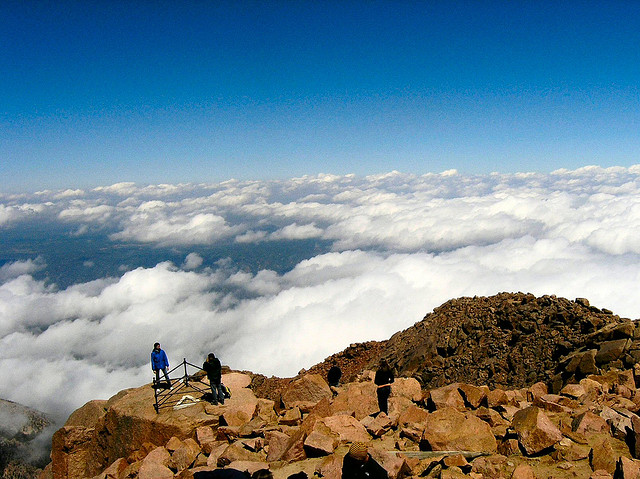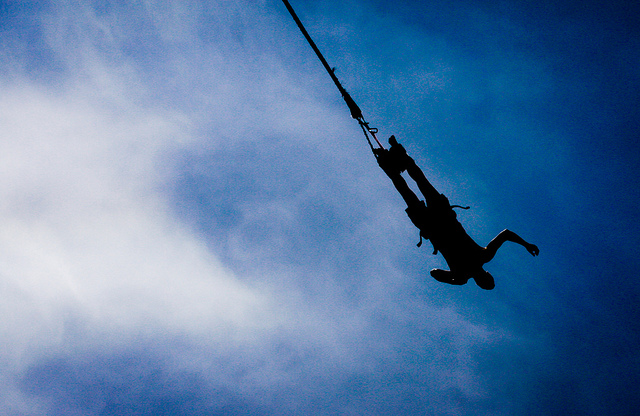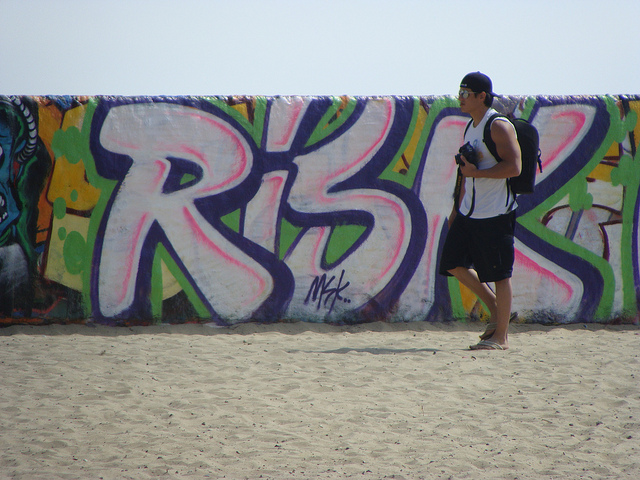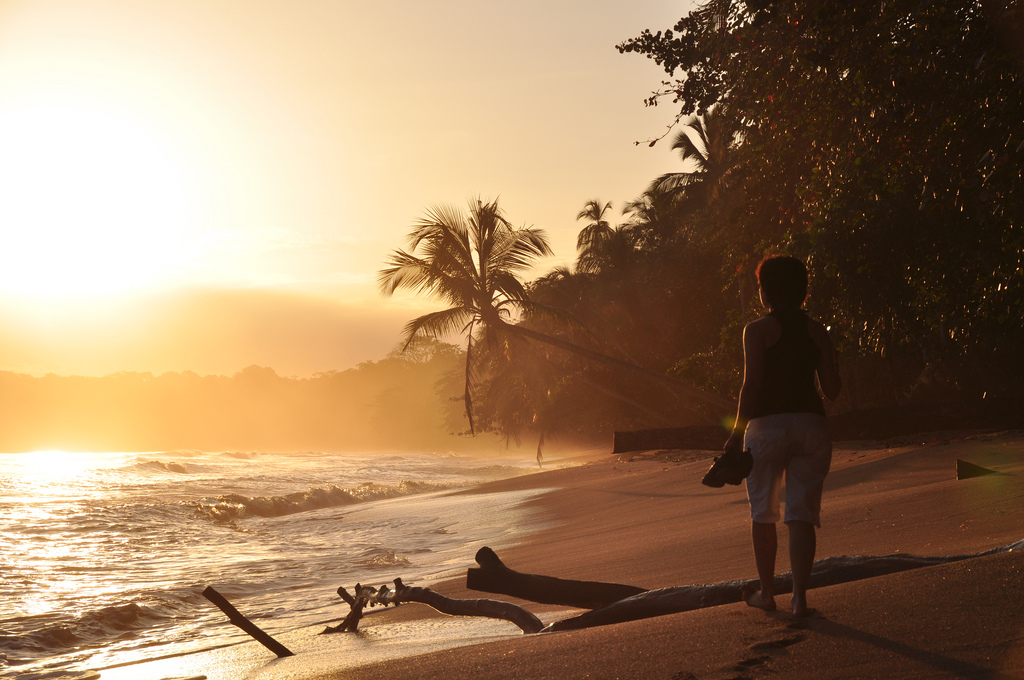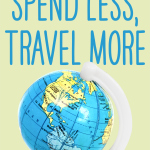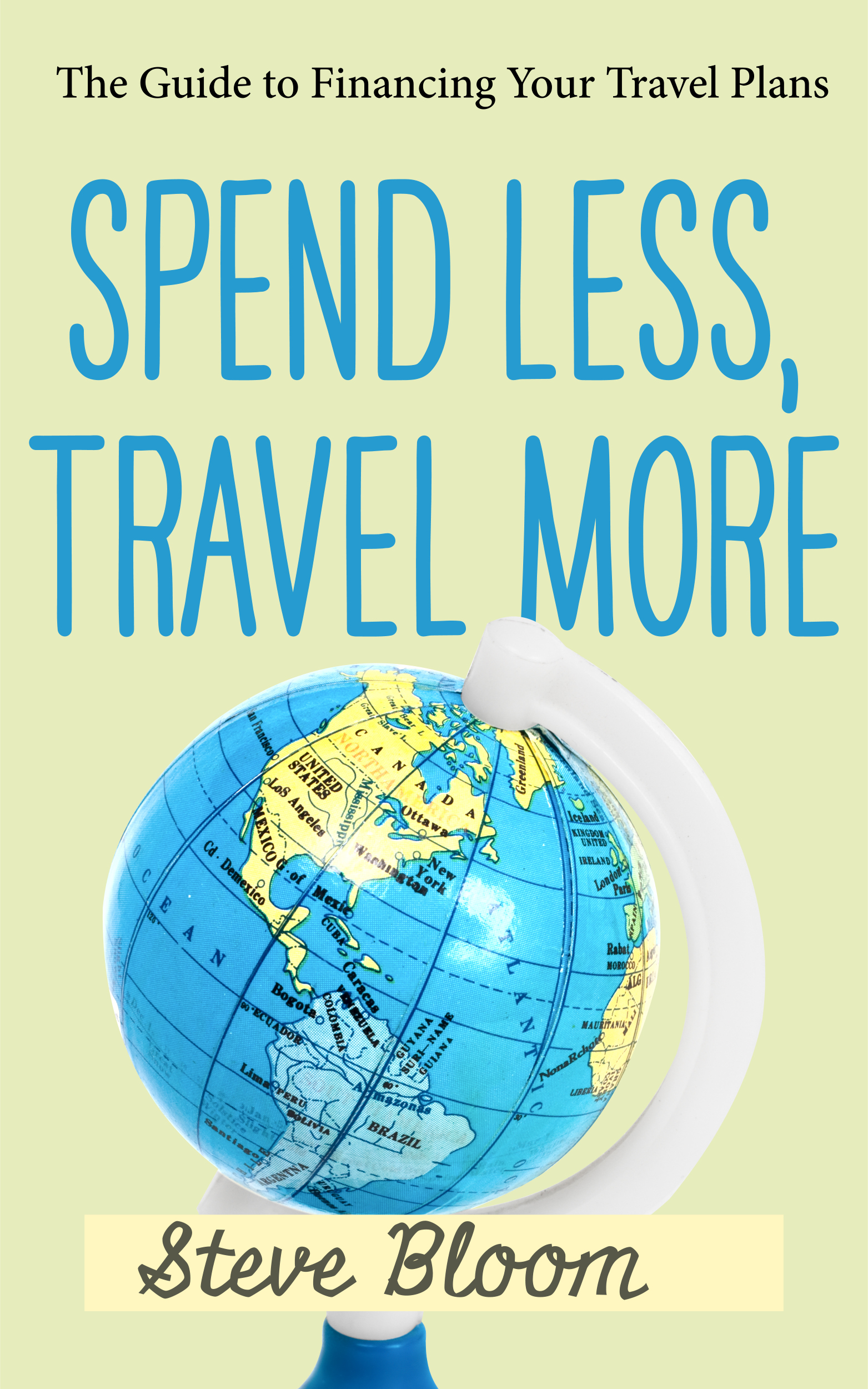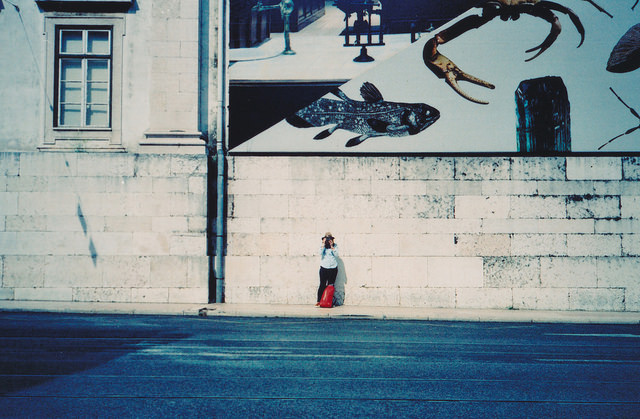
Shortly before I became a new parent, I heard a lot of people tell me how my traveling days were over. “Traveling with kids is too expensive,” they said, or “it’s too difficult to arrange.”
When my son was two months old, I got his first passport. He’s almost one year old now and he’s already traveled more than I did by the time I turned twenty (he’s a fantastic traveler, by the way). In just a month, my wife and I will be taking him to Prague for his first big international trip.
My goal is to travel regularly with him throughout his childhood, up until he’s in college and can travel by himself. Not only that, but I want to amass Frequent Flyer Miles for him so he can do it cheaply when he’s on his own.
It’s funny. I don’t hear people telling me that it can’t be done anymore. Now I hear people tell me that it’s a waste of time. “Why take your kid traveling?” they say, or “it doesn’t matter to him where you go so why spend the money?”
Yes, he won’t remember these trips. But he won’t remember anything from his first few years of life anyway – nothing. No one does. Yet, I still do things for his benefit. I read to him at night, hold him, talk to him and tell him I love him.
Because there are a lot of reasons to travel when you’re young – whether you’re a little child or freshly graduated from college, travel can be good for you.
Here’s why:
1. Travel can be a great supplement to education
With travel, comes language, culture, art, history, politics. There’s such a wide range of learning opportunities that can have a big impact on a young mind.
When my son reads Anne Frank’s diary in school, I want to take him to Amsterdam to see her house. If he studies French, it would be great for him to practice with real French speakers. I’d love to take him to Washington D.C. to see where our government works.
Travel makes what you learn come alive. Learning is often done through words or photos on a page. Travel makes it more real – a physical location where events actually happened and real people live.
2. You gain the ability to see life from different perspectives
Traveling broadens the mind to new ideas. The time you spend talking to a Buddhist monk might make you rethink your idea of a happy life. Or maybe a foreign culture sparked a new idea on how to live better.
Spending time somewhere new takes you out of your ordinary routine. It broadens your perspective by giving you a chance to step away from your everyday life and seeing it with new eyes for a while.
3. It stimulates imagination and creativity
Openness to experience is the most common character trait associated with creativity. It’s the willingness to try new things and engage in new experiences. That is the essence of travel.
Travel is about feeding the desire to discover and wonder about the world. We become curious about things and ask questions – which opens the mind even further.
4. It helps build empathy
Empathy – the ability to understand the feelings, situation and motives of another person.
There are plenty of opportunities to meet people while traveling – people with different views and customs. Travel provides a way to see that other people look at things differently and that others don’t always share the same opinions as we do. If we make the effort to understand them, we can get into their head for a while and see things from their point of view.
5. It teaches how to handle adversity
At times, travel can be tough. I’ve been stranded in airports or had to navigate through complicated train stations where no one spoke English. I’ve been lost once or twice while walking through a city.
But each time I go through something hard and come out safely on the other side, I learn more about how to handle adversity. This is a good lesson to learn. Life won’t always be easy, and when you can stare adversity right in the face with experience, you’ll feel better about tackling life’s challenges.
6. Going out of your comfort zone no longer freaks you out
Travel is about trying new things and going to new places. But in the end, all these steps outside your comfort zone helps you grow by breaking down the fear that keeps you inside that comfortable bubble. And eventually, reaching for something new and outside of your experiences doesn’t seem quite as scary.
7. It fights an entitled mindset and builds one of gratitude
It’s really easy to take for granted all the good things we have in the United States – things we don’t even think about such as clean water, access to food or free speech. In some parts of the world, these are things people still fight for.
Travel doesn’t just help you see how other people live, it informs us on how we live too. When you see all the things that other people don’t have it puts a spotlight onto all those things we’ve been taking for granted.
8. It shows the value of experiences over possessions
It’s hard to take a lot with you while traveling. You have to pick and choose what’s important and necessary. By doing this, you start to understand that it doesn’t take many possessions to be happy.
A big part of travel is about experiences – the places, people and ideas you encounter. These experiences will enrich a young mind for a lifetime and show that life is more than the sum of our possessions, but the memories we create.

